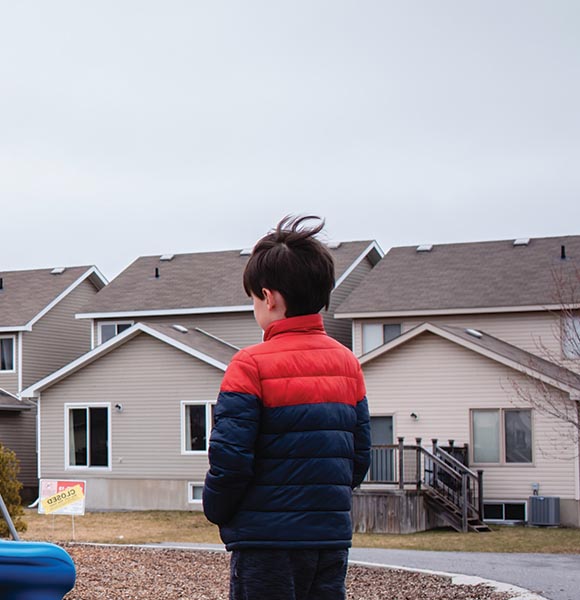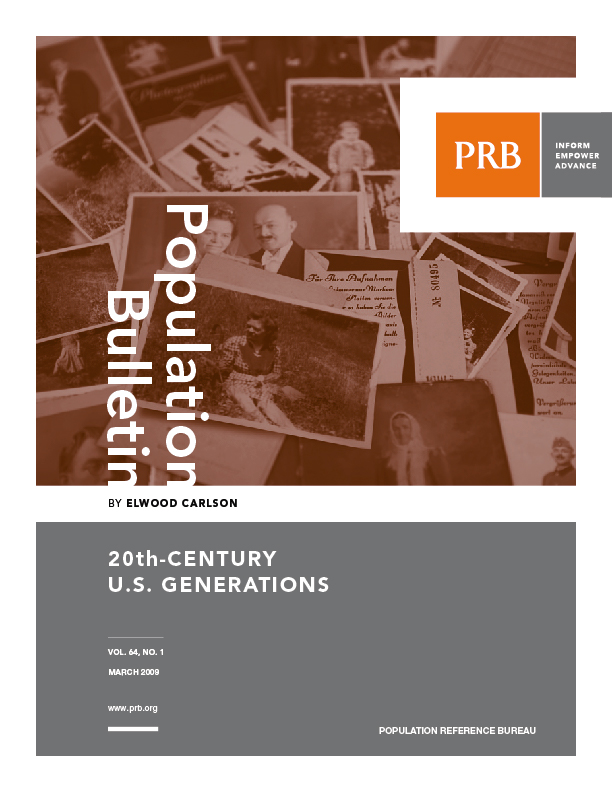Working Mothers With College Degrees See Gains in Paid Maternity Leave
(2012) Working mothers with a bachelor's degree have gained increasing access to paid leave in recent decades, while women without high school degrees have seen no change, reported Nancy Folbre, a University of Massachusetts economist.



